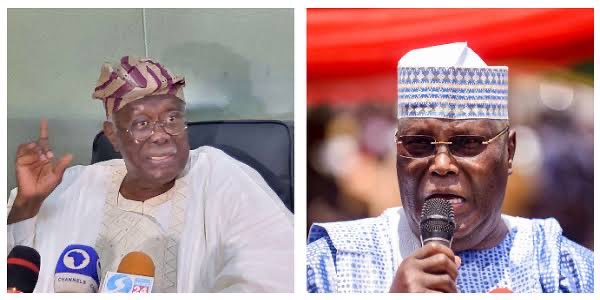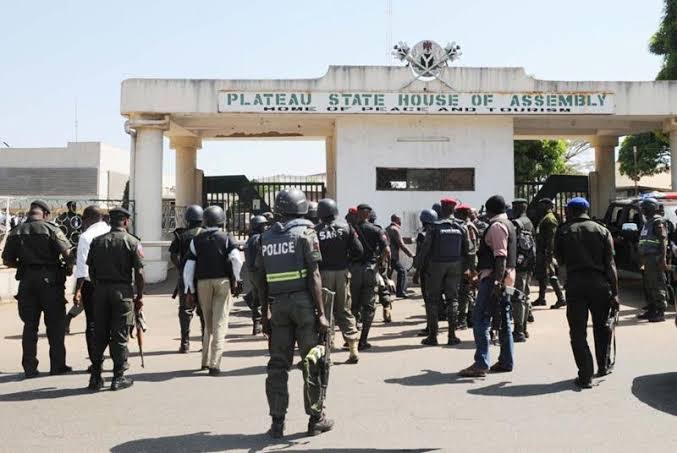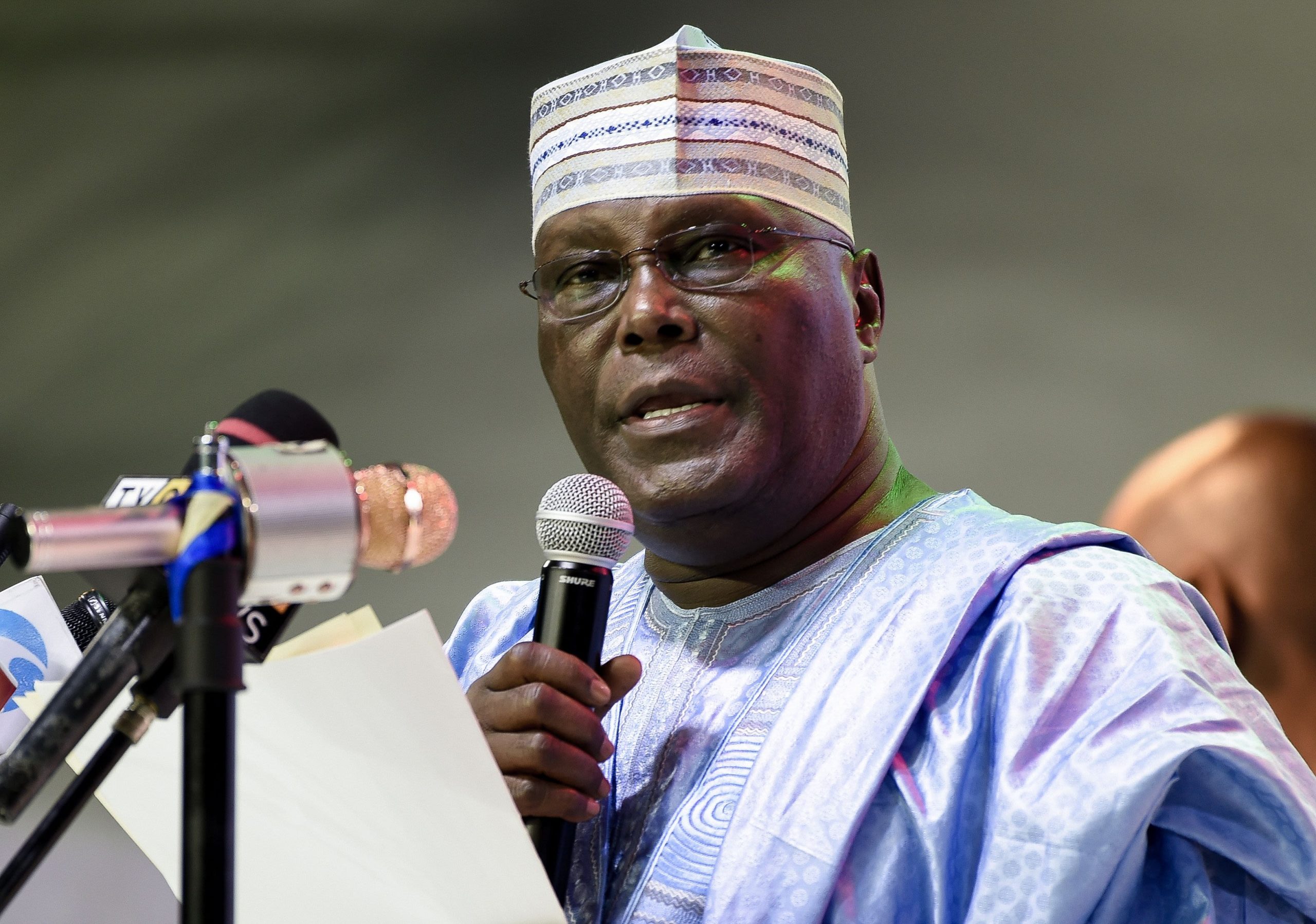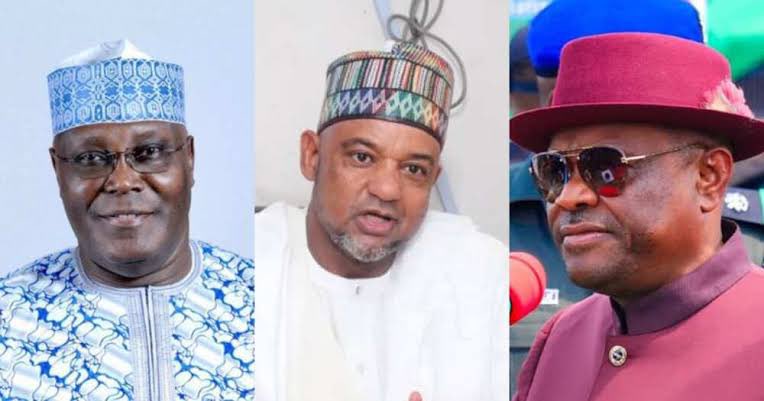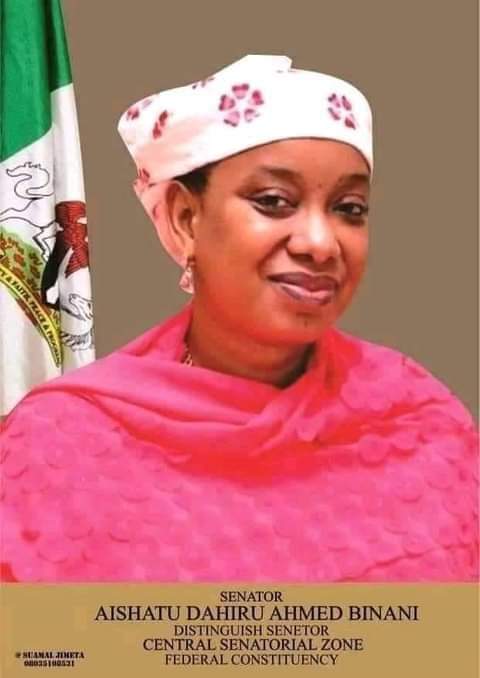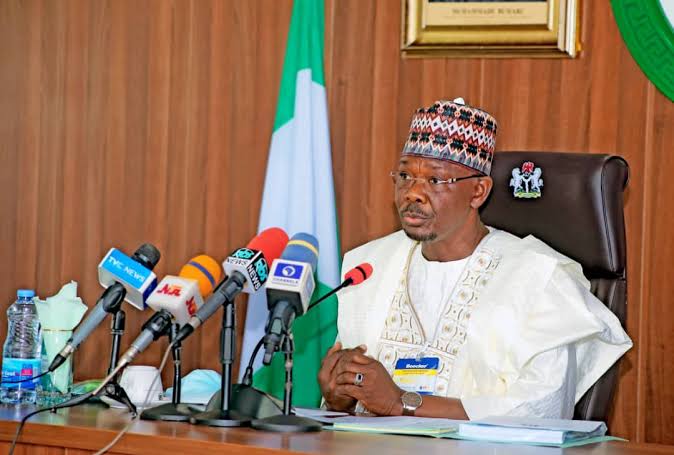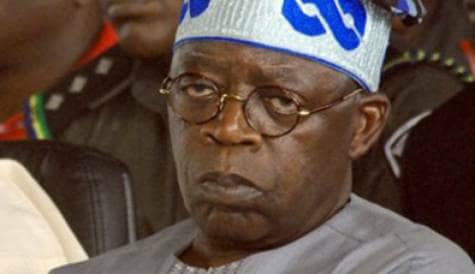Ex-PDP leader urges Atiku not to run for president in 2027
By Sabiu Abdullahi Former PDP Deputy National Chairman, Chief Olabode George, has appealed to former Vice President Atiku Abubakar, asking him to reconsider his 2027 presidential ambition in favour of…
